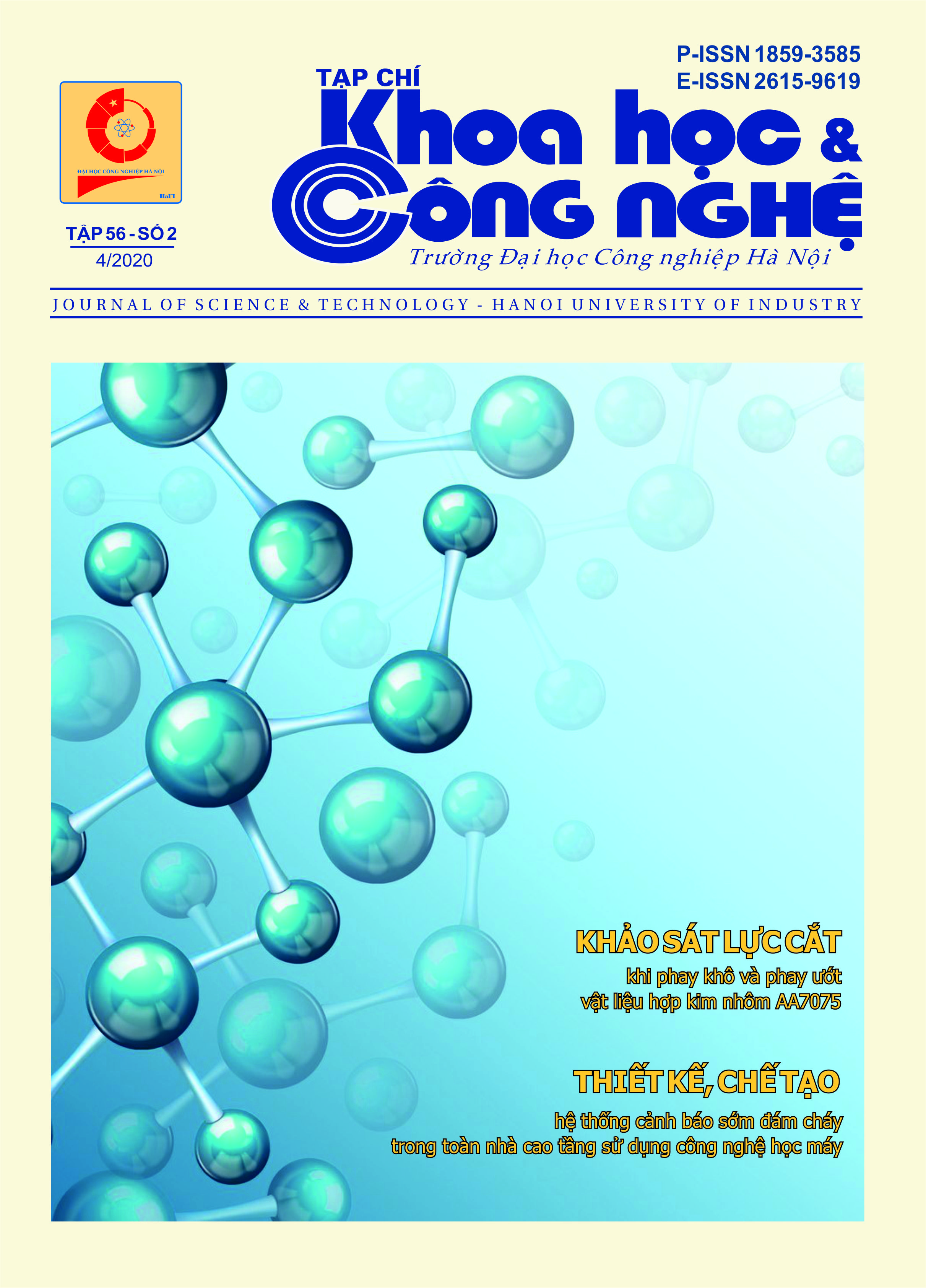AN OVERVIEW OF SPEED TURBINE CONTROL IN A MULTI-AREA HYDROPOWER SYSTEM TO STABILIZE THE NET FREQUENCY
Abstract
The speed controller for a water turbine is a highly important component in the generation process of a hydro power system and frequency stability against load
changes is always concerned by Vietnam Electricity. Because of this urgency, many studies have focused on improving the quality of electricity. At present, in
Vietnam’s hydropower plants, most speed turbine controllers are using PID regulators in single-area operating modes; and the multi-area mode is highly complicated
needs intelligent controllers. This is because of the simplicity of the electric grids and the distributed power supply systems have not participated much in such a
network. However, at present, the socio-economic development requires power quality improvement, system stability and safe operation, thus the PID controllers
used for the turbine control have been facing a lot of difficulties. Recently, the research on modern control theory and intelligent control in dealing with the loadfrequency control of a hydropower system has been rapidly developed.
In this paper, the authors will summarize existed reports, analyze advantages and disadvantages of these studies. Thereafter, this research proposes a novel
method to design PI-based fuzzy logic controllers applying the particle swarm optimization (PSO) technique. Furthermore, this work presents a NARMA controller
applying artificial neural network (ANN) to solve the load-frequency control problem of a multi-area hydropower system with good control quality.

